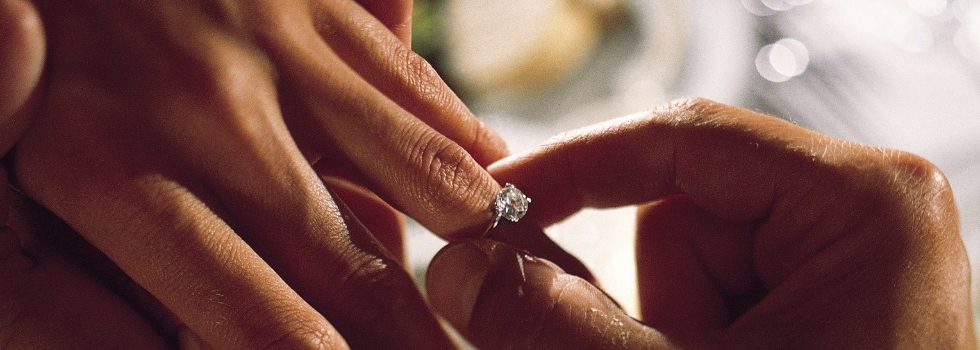
Valentine’s Day – who gets to keep the ring?
Published on 04/02/25
Considered by many to be the most romantic day of the year, Valentine's Day seems the opportune moment ‘to pop the question’ to a significant other. Jewellery retailers estimated that the average cost of an engagement ring was £2,089 in 2024.
Unfortunately, as not every engagement ends in a walk down the aisle, the question must be posed as to what happens to the ring should a relationship break down?
Sam Davies from ARAG Law investigates the complex legal position surrounding ring ownership at the end of a relationship.
If my fiancé breaks off our engagement, can I legally ask for the ring to be returned?
The general rule relating to ring ownership is outlined in Section 3(3) of the Law Reform (Miscellaneous Provisions) Act 1970, which specifies that an engagement ring should be regarded as an ‘absolute gift’ and, as such, belongs to the person to whom it was given.
This means that the law takes no interest in which partner called off the engagement, and therefore the ring would not have to be retuned in this scenario, unless a specific condition is attached.
What if it was specified that it should be returned if the marriage does not happen?
This is the one important exception. If the ring is given on the condition, stated or implied, that it should be returned if the marriage does not go ahead or if the relationship breaks down, the ring will have to be given back. However, in practical terms, unless you have taken the romantic step of getting that in writing, then it may not be simple to prove this intention.
Does it make a difference if the ring is a family heirloom?
Although there is no specific mention in the legislation relating to rings as family heirlooms, a court may be more likely to assume that there was an implied intention that the ring would be retuned if the couple split up due to the nature of the ring.
Would a pre-nuptial agreement help clarify the ownership of a ring?
Ownership of the ring could be specified in a pre-nuptial agreement drawn up between the couple. Whilst “pre-nups” are not automatically enforceable in the courts of England and Wales, they will be taken into consideration in divorce proceedings if the agreement fulfils certain qualifying criteria. If either partner wanted assurances that the ring would be returned should the marriage be called off, they would need to draft a written agreement specifically to this effect for their other half to sign.
Overall, like many areas of the law, the ownership of engagement rings seems simple on the face of it, but there are one or two catches, and it is very important that couples understand the legal position on ownership to avoid making a break-up more difficult. Fortunately, these contentious issues can often be resolved privately without the need to litigate as we live within a largely romantic and faithful society.
Disclaimer - all information in this article was correct at time of publishing.
